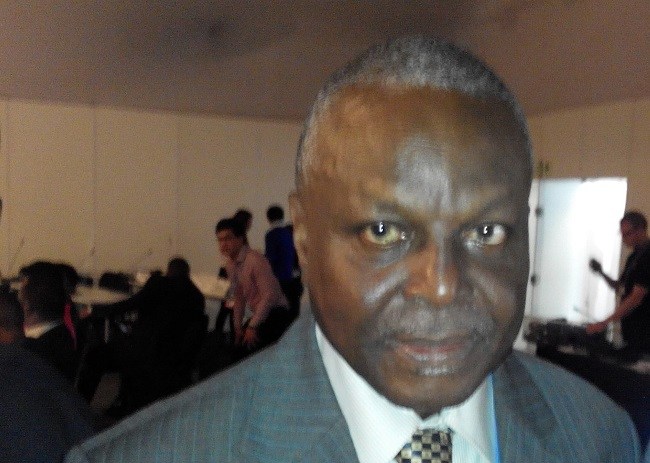Human factor worsening environmental issues – Expert
The Executive Director of the Centre for Investment and Sustainable Development Management Environment (CISME), Prince Lekan Fadina, has said that most environmental challenges like flooding are man-made. Prince Fadina said there was need to look at human factors in finding solutions to the climate change issue. Fadina spoke in Lagos during a media training on […]

The Executive Director of the Centre for Investment and Sustainable Development Management Environment (CISME), Prince Lekan Fadina, has said that most environmental challenges like flooding are man-made.
Prince Fadina said there was need to look at human factors in finding solutions to the climate change issue.
Fadina spoke in Lagos during a media training on “Climate Change and Renewable Energy” which was organised by EnviroNews Development Network (ENDNET).
He said the major flooding experienced in Lokoja in 2018 was largely caused by human factor, especially the dredging of the River Niger.
The environmental expert charged journalists to always put human factors in perspective in their reportage to mitigate the effect of climate change.
“You are not just reporting, you are looking at how to mitigate the effect of climate change. So you need to always put human face to your reports,” he advised.
He, therefore, charged the Nigerian Government to begin to look beyond oil and embrace energy efficiency and renewable energy conservation to sustain post-oil Nigeria.
He further said every individual had a responsibility to protect the environment by stopping activities and actions that are inimical to the environment and contribute to climate change.
Fasina also appealed to the private sector to complement government in its drive to sustain the environment.
The Director of ENDNET, Michael Simire, said the workshop was to increase the knowledge of climate change among journalists.
The Executive Director of the Centre for Energy and Environmental Sustainability (CEES), Engr. Chike Chikwendu, also charged individuals to stop activities that contributed to climate change.
Engr. Chikwendu said individuals must respond positively to climate change issues by inculcating the 3Rs – Reduce, Recycle and Reuse, and added that there was need to “plant trees, use digital documents to avoid printing on papers, pool cars to work and leisure, cycle to school and work and switch off lights when not needed.”
He said these activities would address the ripple effect of climate change which include “shrinkage of the world’s rainforest, changes in agricultural yield and species, as well as changes in the range of disease vectors.”
